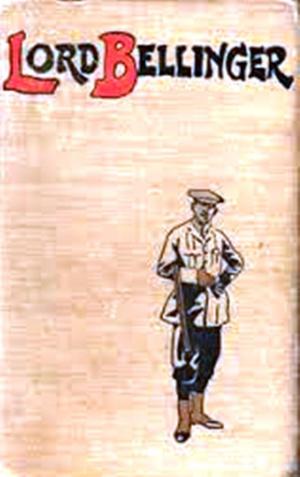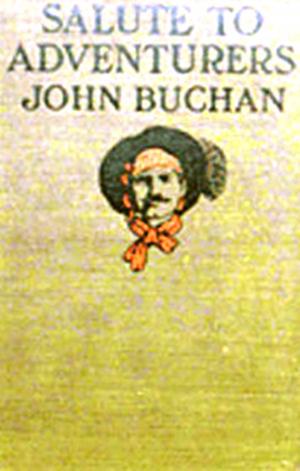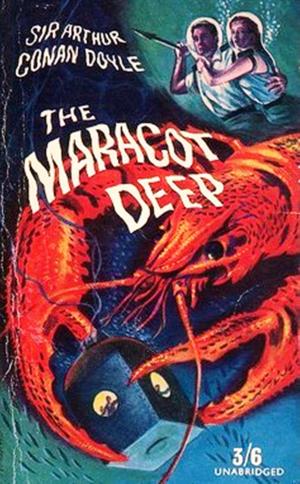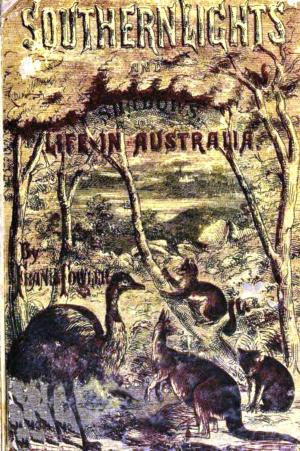| Author: | John Arthur Barry | ISBN: | 1230000140341 |
| Publisher: | WDS Publishing | Publication: | June 9, 2013 |
| Imprint: | Language: | English |
| Author: | John Arthur Barry |
| ISBN: | 1230000140341 |
| Publisher: | WDS Publishing |
| Publication: | June 9, 2013 |
| Imprint: | |
| Language: | English |
"I remember when I was in 'Frisco, in 1866, mate o' the old —"
"Last time I saw her was in the south-east trades. We were bound to —"
"Forty-five years at sea is about a fair thing for —"
Such were the snatches of conversation one heard at the unique gathering of the League of Ancient Mariners, which recently assembled on board the good ship Commodore on the occasion of what it was hoped would prove an annual outing. Some forty odd seafarers accepted the invitation, the great majority of them well on in years—grey, grizzled, and white of hair and head; cheeks tanned by the wind and sea in every quarter of the globe; eyes still keen and weatherly, and hearts still young with the youth and vigour of the great ocean they had used so long. Some among them had turned to dry land for a living, and were now professional men, men of affairs, prominent citizens brought together by the fellow-feeling that never dies in the souls of those who have once known the sea life—its hardships, its miseries, its perils—and its rare pleasures.
Others there were present still connected with salt water in some fashion or other; but for the most part the "Ancient Mariners" had ceased from earning a livelihood on that "rolling deep," a home upon which, as these years close up in quick succession, when the "grasshopper shall be a burden," is not, despite the dictum of all the poets that ever sung of the sea, one of the most comfortable. There can be no possible mistake made when addressing anybody on the Commodore; they are "captains all." Cheerful and breezy captains, too; mainly of the old school, men who have served under canvas long before turning their thoughts to steam, and some who have never been shipmates with anything in the shape of engines and propellers. And from more than one quarter is heard a lament that the days of the speedy clippers are numbered with the past. At Watson's Bay lunch is served, and a few toasts are honoured—"The King," "Absent Friends," "Sweethearts and Wives." There are, too, a few speeches made, brief and to the point, each one a capital model for politicians to emulate in those respects. Captains Green and Pearse are highly commended for their happy notion in thus making such a pleasant meeting possible; and then the Commodore, turning on her tail, steers for the open sea.
"I remember when I was in 'Frisco, in 1866, mate o' the old —"
"Last time I saw her was in the south-east trades. We were bound to —"
"Forty-five years at sea is about a fair thing for —"
Such were the snatches of conversation one heard at the unique gathering of the League of Ancient Mariners, which recently assembled on board the good ship Commodore on the occasion of what it was hoped would prove an annual outing. Some forty odd seafarers accepted the invitation, the great majority of them well on in years—grey, grizzled, and white of hair and head; cheeks tanned by the wind and sea in every quarter of the globe; eyes still keen and weatherly, and hearts still young with the youth and vigour of the great ocean they had used so long. Some among them had turned to dry land for a living, and were now professional men, men of affairs, prominent citizens brought together by the fellow-feeling that never dies in the souls of those who have once known the sea life—its hardships, its miseries, its perils—and its rare pleasures.
Others there were present still connected with salt water in some fashion or other; but for the most part the "Ancient Mariners" had ceased from earning a livelihood on that "rolling deep," a home upon which, as these years close up in quick succession, when the "grasshopper shall be a burden," is not, despite the dictum of all the poets that ever sung of the sea, one of the most comfortable. There can be no possible mistake made when addressing anybody on the Commodore; they are "captains all." Cheerful and breezy captains, too; mainly of the old school, men who have served under canvas long before turning their thoughts to steam, and some who have never been shipmates with anything in the shape of engines and propellers. And from more than one quarter is heard a lament that the days of the speedy clippers are numbered with the past. At Watson's Bay lunch is served, and a few toasts are honoured—"The King," "Absent Friends," "Sweethearts and Wives." There are, too, a few speeches made, brief and to the point, each one a capital model for politicians to emulate in those respects. Captains Green and Pearse are highly commended for their happy notion in thus making such a pleasant meeting possible; and then the Commodore, turning on her tail, steers for the open sea.















